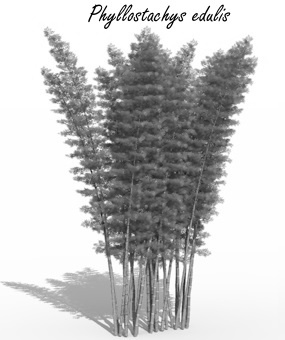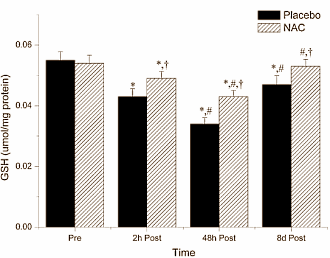|
Definition: "An ergogenic aid is any substance or phenomenon that enhances performance "
|
|
||||||||
03.02.2018 |
|
|
L6N, the stamina factor in moso bamboo
The flavonoid luteolin-6-neohesperidoside [L6N] is found in the leaves of the rapidly growing and edible bamboo species Phyllostachys edulis. In a high, but not extreme dose, that substance increases the endurance of test animals. Chinese researchers at the University of Zhejiang write about this in Nutrients.
Phyllostachys edulis
Study
If the rats had been human beings of 85 kilos, the animals in the AA100 group would have got 1200 milligrams of vitamin C daily. The rats given luteolin-6-neohesperidoside would have received 300 [LN25], 600 [LN50] or 900 mg flavonoid [LN75] daily.
The animals were given the substances, dissolved in water, orally. The researchers let the rats swim 1 hour after administration of the supplements.
Results
In these animals' muscles and liver, the researchers found less free radicals [ROS], and less inflammatory factors such as TNF-alpha and interleukin 1-beta.
The supplementation had increased the activity of NRf2. NRF2 is a kind of molecular sensor that tells cells if aggressive molecules are active. As a result, cells start to produce protective enzymes. One of these enzymes is HO-1, which protects muscles against the effects of intensive physical activity.
Conclusion
"The underlying mechanisms responsible for the antifatigue effect of luteolin-6-neohesperidoside involves mainly the modulation of oxidative stress and inflammation by activating the Nrf2 pathway."
"These results suggest that luteolin-6-neohesperidoside has significant health benefits due to its antifatigue activity, which provided scientific evidence for further development of natural products for prevention and treatment of diseases related to fatigue."
Source: More: Archives:
|
|
|||||||||||||||||









